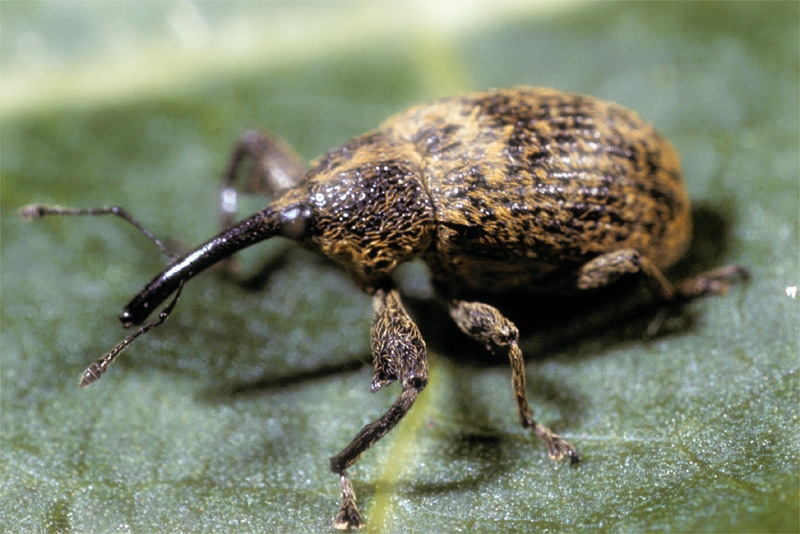
It was interesting to read the commentary from my colleague Hembree Brandon quoting Mike McCormick, president of the Mississippi Farm Bureau Federation, on the impact of the boll weevil.
That’s because my family has its own boll weevil story. In 1926, my grandfather left St. Francis County, Ark., and moved 50 miles north to get away from the pest. No one knew how to control it, and it was literally eating them out of house and home.
They returned two years later after someone determined they could kill the boll weevil by spraying or “dusting” with insecticides such as calcium arsenate, also known as Black Annie.
McCormick’s comments about the dispersal of families in his part of Mississippi due to the pest came at a meeting of the Mississippi Boll Weevil Management Corporation and Farm Bureau Cotton Policy Committee where they celebrated another weevil-free year.
Those familiar with the industry know cotton farmers raised millions of dollars and coupled that with government funding to eradicate the boll weevil from all but the southernmost part of the Cotton Belt. (It’s too bad we can’t build a wall to keep the boll weevil south of the border.)
The irony is that if the boll weevil was as prevalent today as it was in the 1980s, there’s no guarantee cotton producers and entomologists could eradicate the pest.
For openers, the political will needed to unite all the disparate elements of agriculture and government to fund such a program may no longer exist. And there’s the possibility malathion, the insecticide that was the workhorse of the boll weevil eradication effort, would not be available to complete it.
EPA is currently conducting a review of several organophosphate insecticides, including chlorpyrifos (Lorsban). There are concerns the use of EPA’s “water model” to determine the impact of chlorpyrifos rather than real-world scientific data could spill over into reviews of other OPs such as malathion.
Public health officials are worried about the latter because malathion is used extensively in mosquito abatement programs. Canceling the registration for a product that could be critical to battling the Zika virus would be a significant loss to fearmongering by environmental activists.
For more information on cotton issues, visit www.cotton.org.
About the Author(s)
You May Also Like






